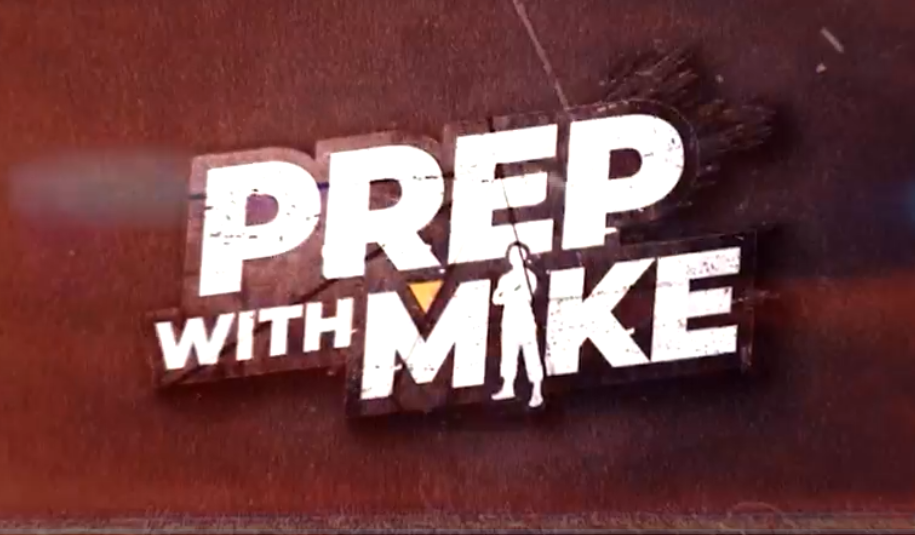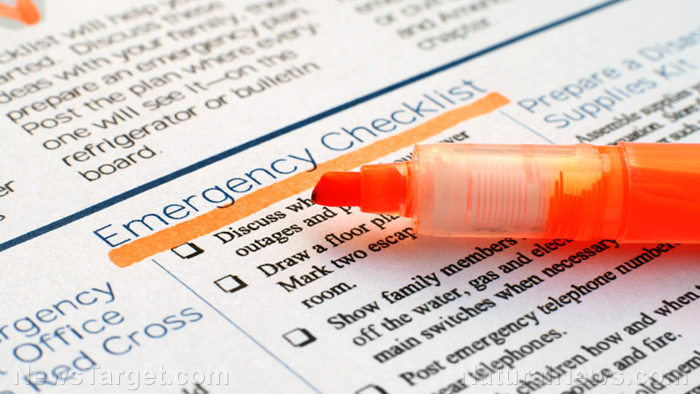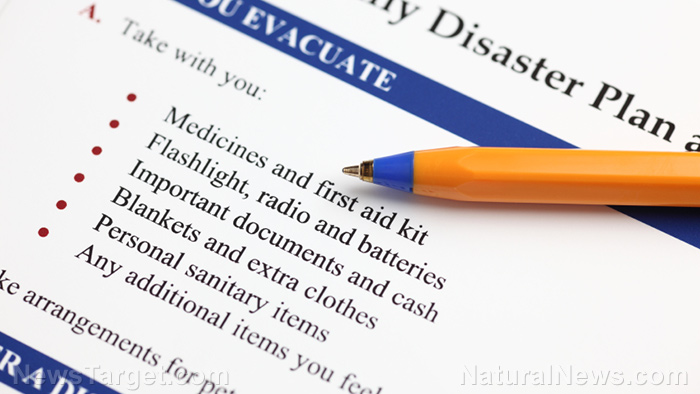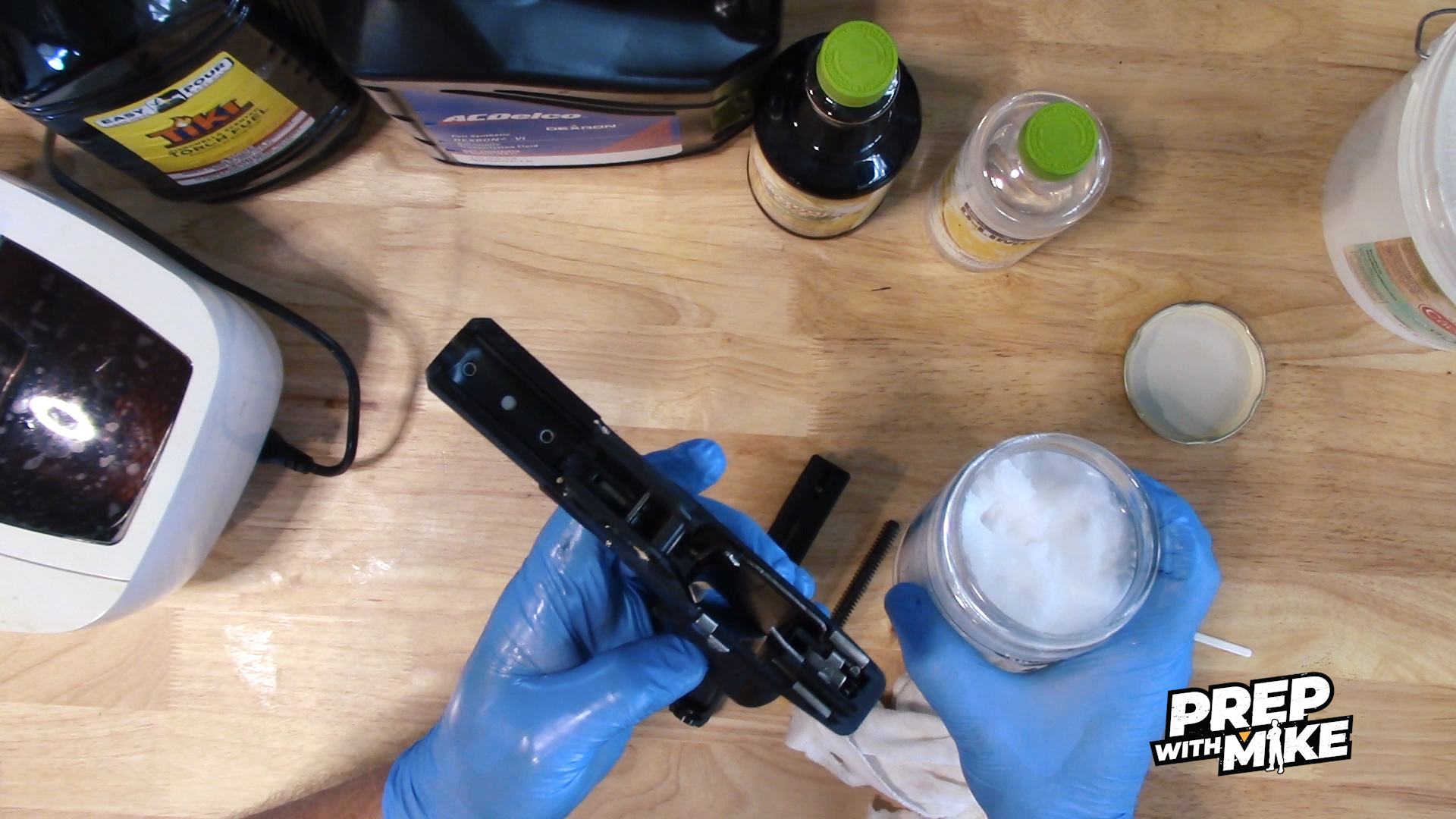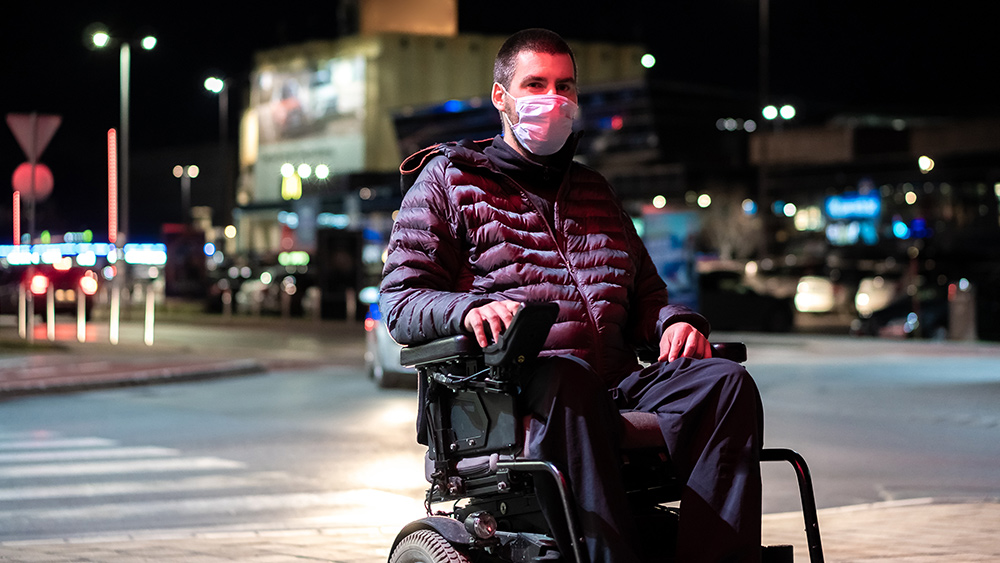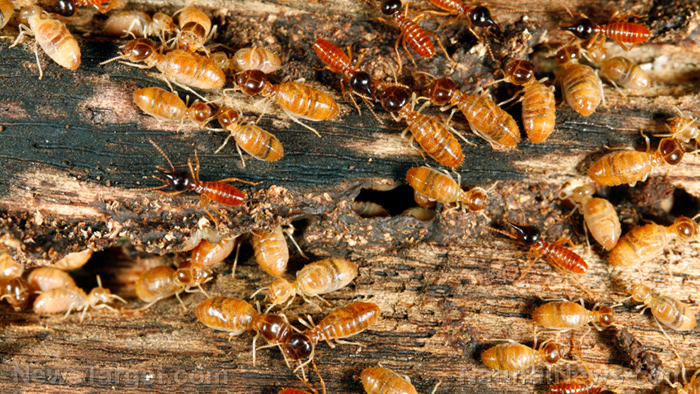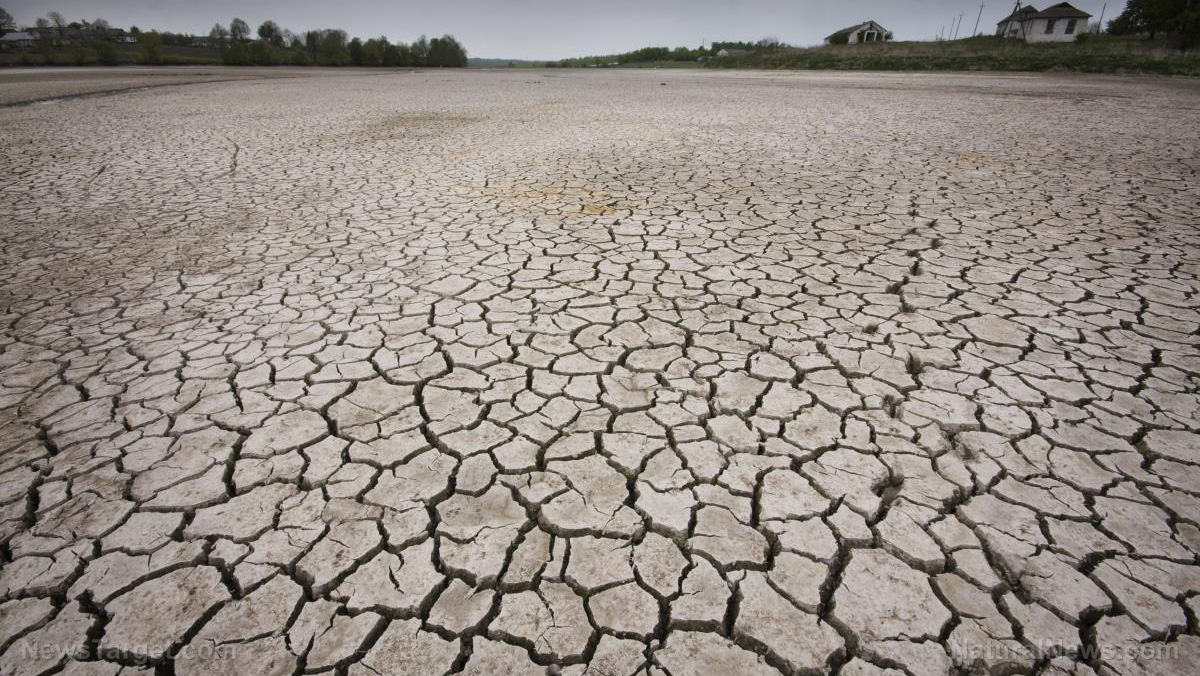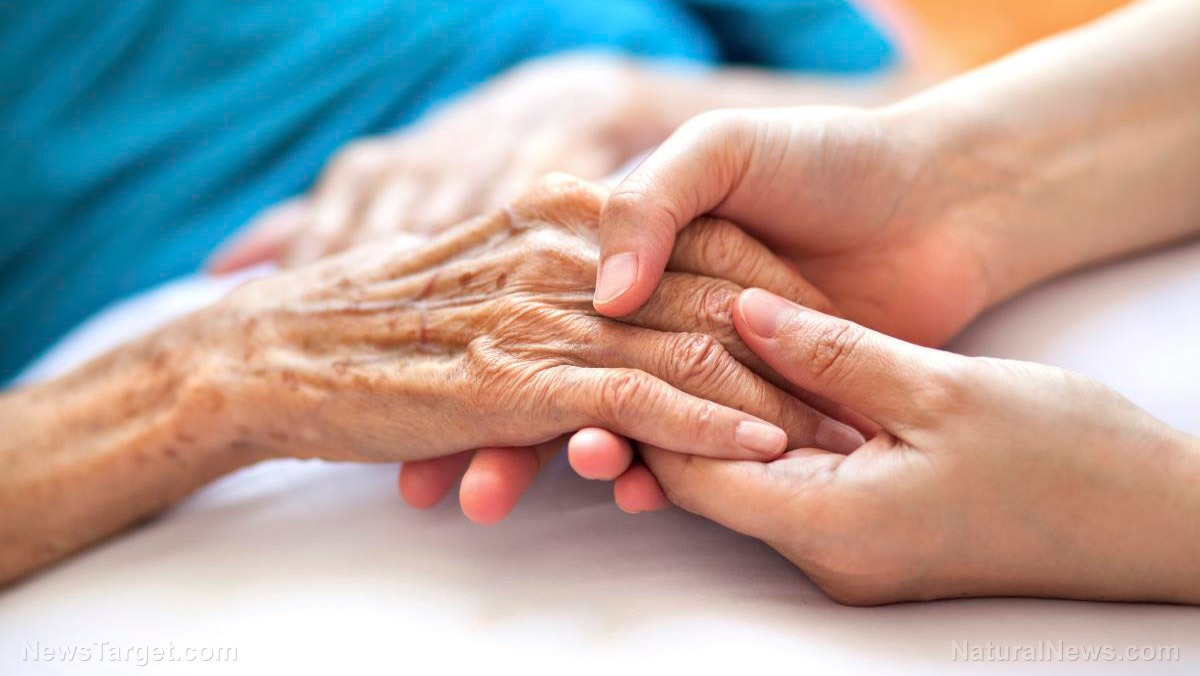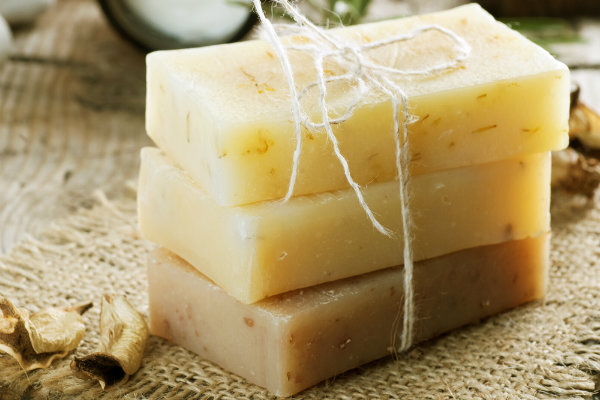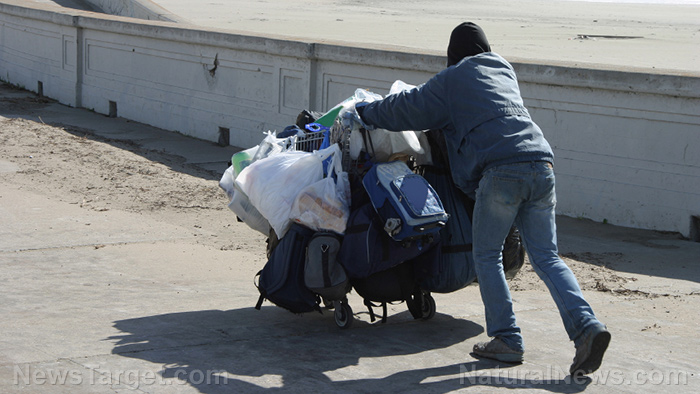Can residential swimming pools act as an emergency water source?
09/05/2020 / By Zoey Sky
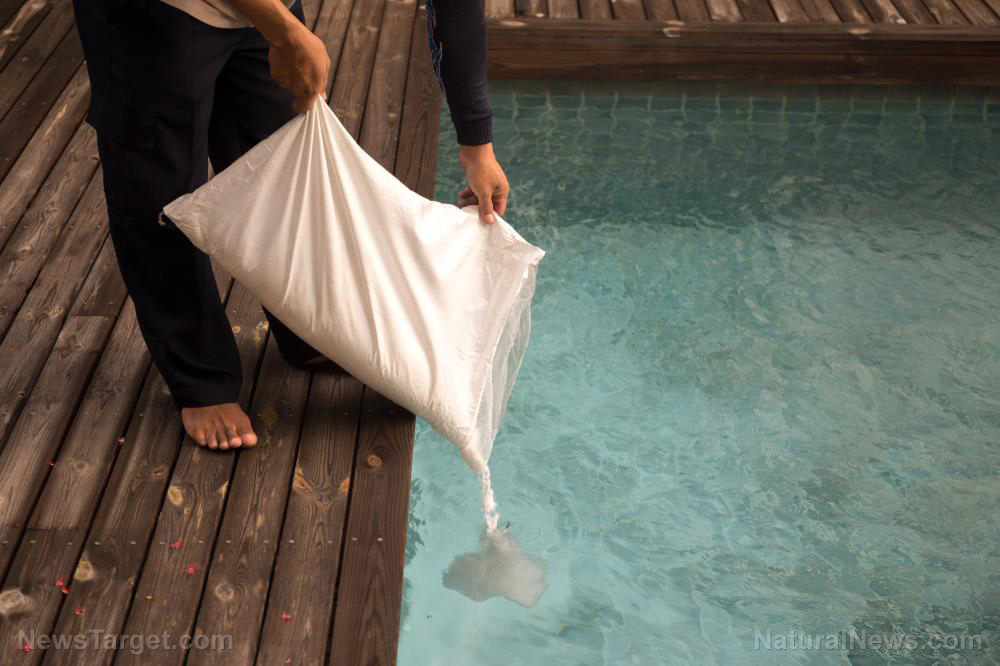
Do you have a pool in your backyard? If you do, you might be able to use pool water for various tasks once it’s filtered and purified.
Most neighborhoods have houses with pools, but when SHTF, these luxurious amenities may also end up saving your life. (h/t to ModernSurvivalBlog.com)
Using pool water in a survival scenario
According to a pool marketing report, in 2011 there were at least 10.4 million residential swimming pools and 309,000 public swimming pools in America alone. The total is made up of about six million in-ground pools and four million above-ground pools.
An average-sized in-ground swimming pool holds about 20,000 gallons of water while an average-sized above-ground swimming pool holds about 10,000 gallons of water.
Note that swimming pools should only be used as a water source when you’re out of choices, especially since you might not have access to one if you live in the city. Never assume that your neighbor’s pool is safe to use without treating it or filtering the water in it.
While drinking swimming pool water is potentially safe when SHTF, it shouldn’t be your first option while weathering a long-term disaster scenario.
How to keep your pool water clean
Even if you maintain water quality in your own pool, don’t assume that your neighbor does the same using safe chemicals.
Pool contaminants
There are some things in water that may cause negative side effects if there’s “too much,” such as:
- Algae – Pool water that’s hasn’t been treat properly may turn green with algae.
- Bromide – Bromide is sometimes used as an alternative when sanitizing pools.
- Chlorine – Chlorine greater than 4 parts per million (ppm) isn’t recommended for drinking, but 3 ppm or less should be fine. Check chlorine levels in your pool using chlorine test strips.
- Cyanuric acid – Cyanuric acid is a chlorine stabilizing agent.
- Saltwater –Some pools have a salt chlorination system that converts salt to chlorine.
Cover your pool with a pool tarp
Hot and sunny conditions will degrade chlorine levels. If your pool sits idle without chlorine replenishment or filtration, it will grow algae.
Minimize the degradation process by covering the water and blocking the sunlight. Do this by using a pool cover. If you don’t have a pool cover, use a big tarp instead.
Stock up on chlorine and test kits
Chlorine in swimming pools breaks down faster after being exposed to ultraviolet (UV) rays from the sun. Normally, the chlorine level of a properly maintained pool is kept at 3 ppm.
Verify this and other chemical levels with a multi-functional swimming pool test kit. Maintain chlorine levels by stocking up on chlorine tablets.
Get a water purifier or filter
Before SHTF, you should also get a high-quality drinking water filter that helps remove bacteria and organic pathogens. Whether you plan to use swimming pool water as an alternative or not, this ensures that you have access to clean drinking water in a post-SHTF world.
If you want to use your swimming pool as an emergency water source, the filter will help remove bacteria, viruses and green algae in the water. (Related: Survival essentials: Tips for long-term water storage.)
Pool water may be reasonably safe to use, but it’s better to stock up on drinking water before SHTF. Instead, you can use filtered and treated pool water for other “gray water” uses. Conserve your drinking water and use treated pool water for cleaning, flushing toilets or sanitation.
Before SHTF, store clean drinking water in your stockpile, make sure you have a drinking water filter and learn how to treat pool water, just in case.
Sources include:
Tagged Under: bug in, chlorine, clean water, Gear, homesteading, hydration, preparedness, prepping, stockpiling, Storage, survival, survival gear, survival supply, water, water containers, water filters, water purifiers, water storage, water supply
Get independent news alerts on natural cures, food lab tests, cannabis medicine, science, robotics, drones, privacy and more from NewsTarget.com
Get independent news alerts on natural cures, food lab tests, cannabis medicine, science, robotics, drones, privacy and more from NewsTarget.com
RECENT NEWS & ARTICLES
COPYRIGHT © 2017 · SURVIVAL NEWS


